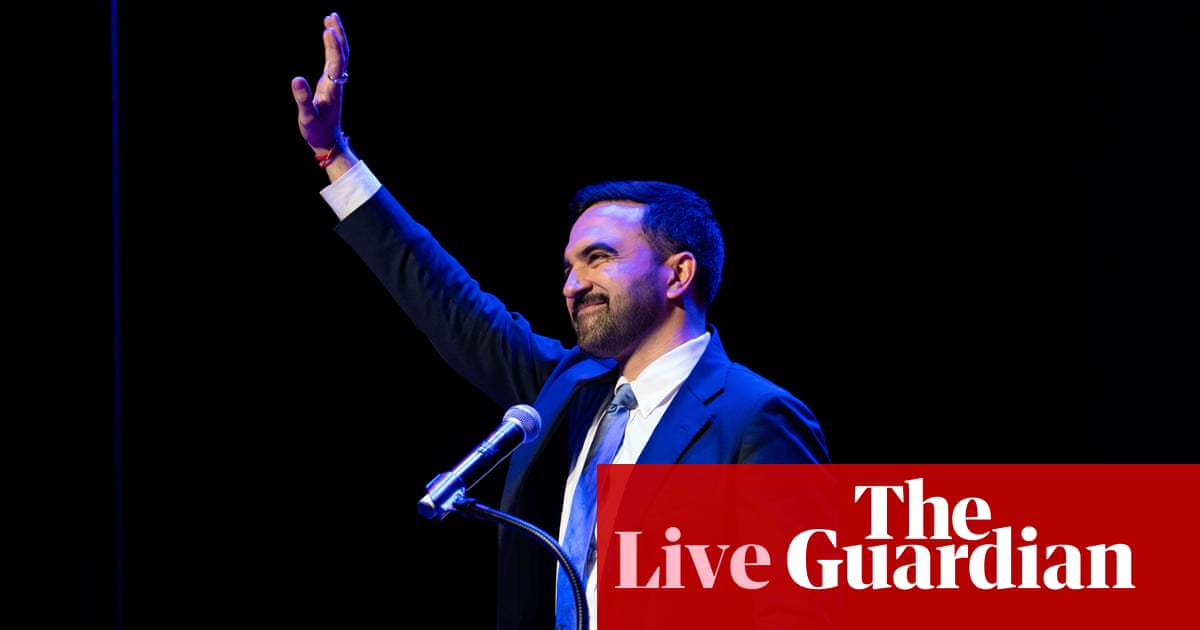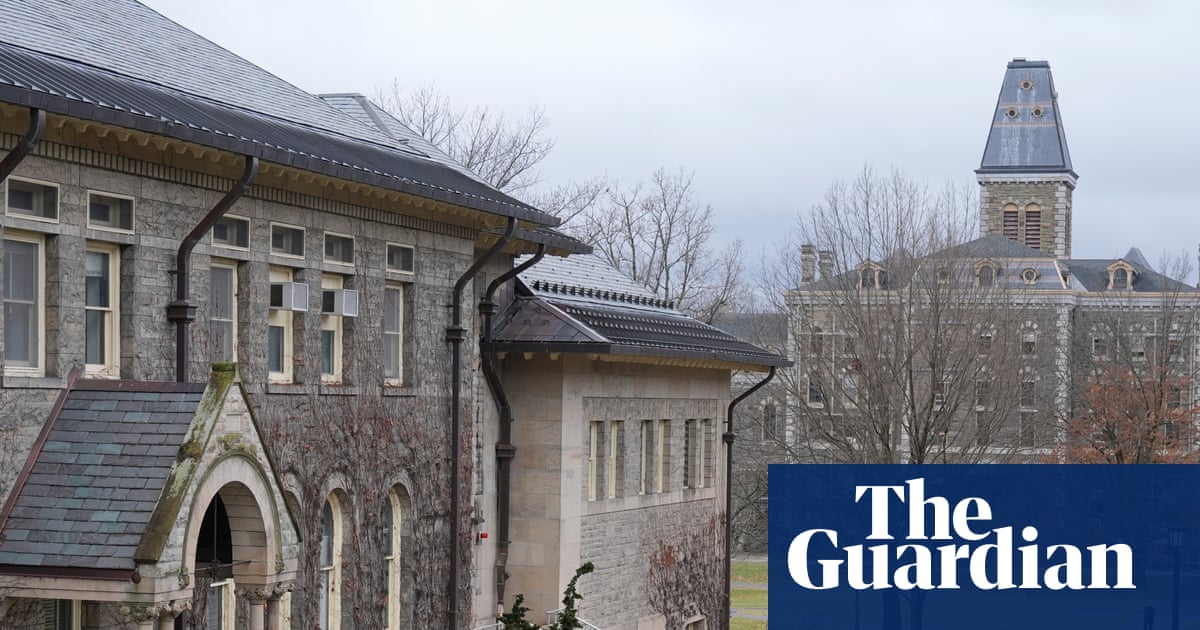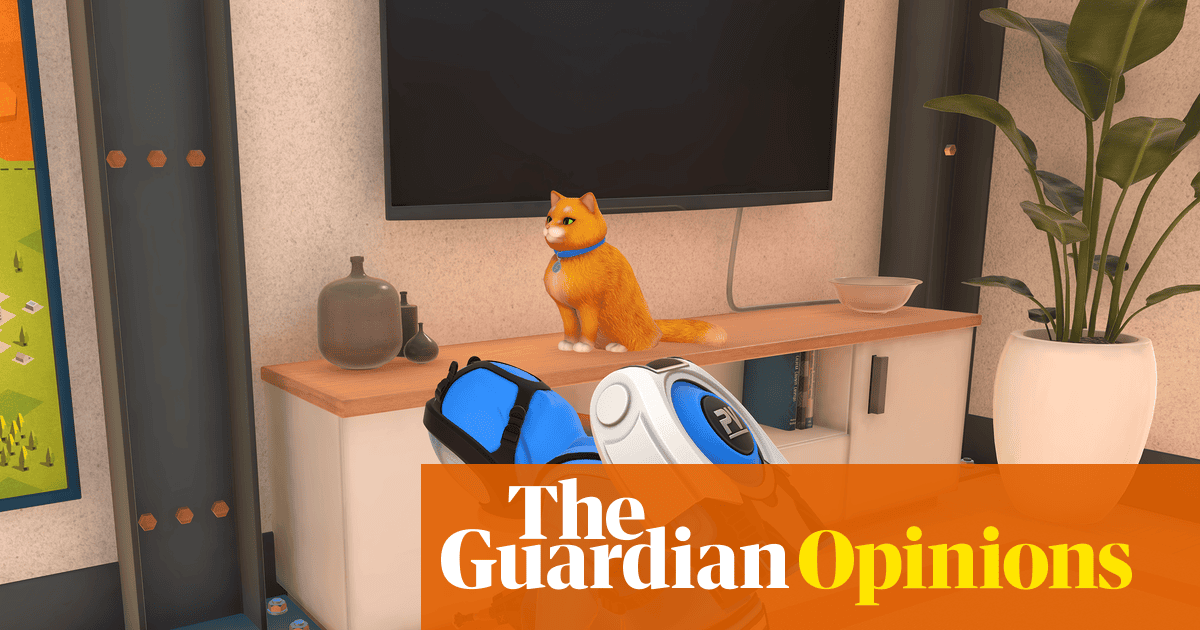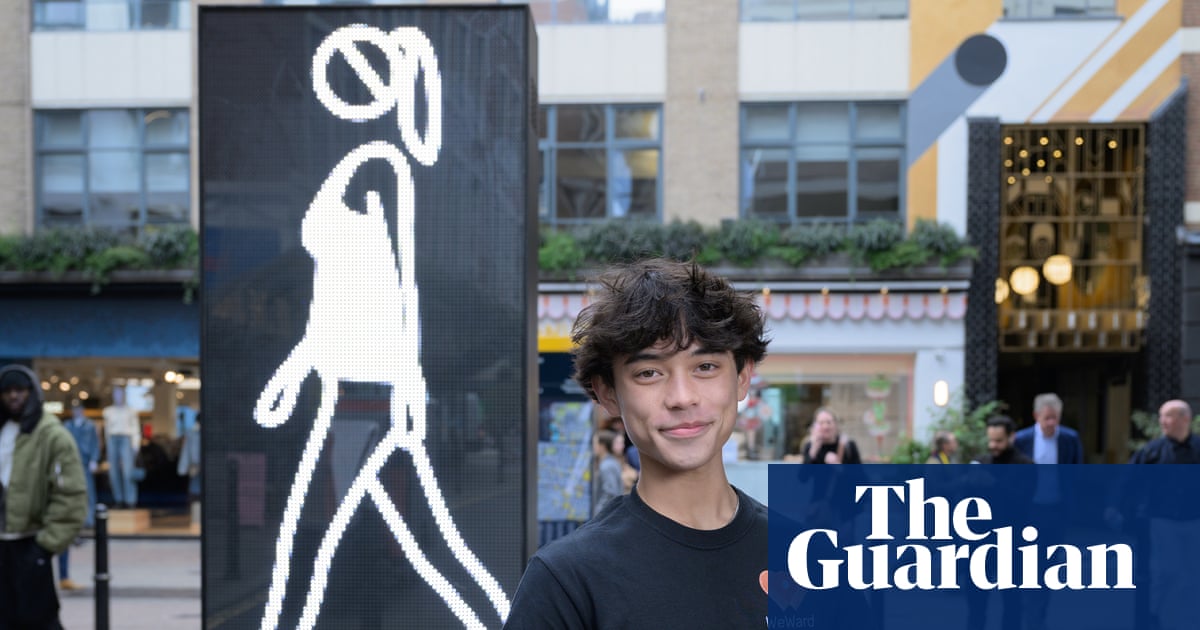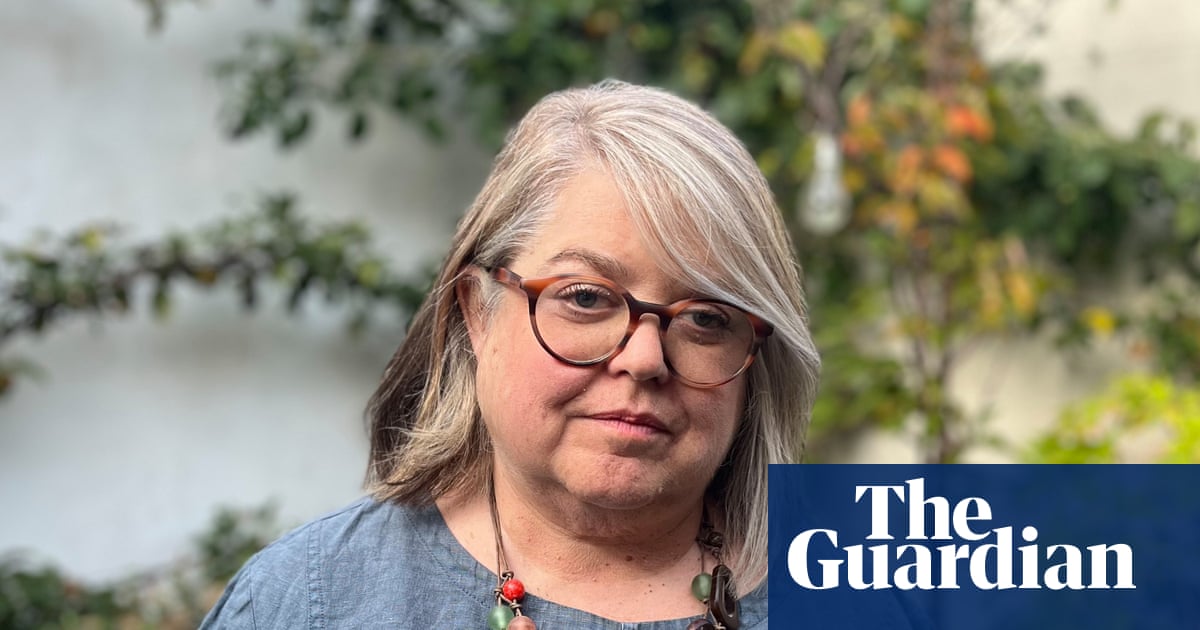I was gladdened to read Moya Sarner’s reflections on a life enhanced by deeper meaning and more textured joy (A better life is possible – but only if you dive deep into your unconscious, 8 September). In a culture that too often celebrates relentless acquisition and action, her words offer timely encouragement towards another way of being.
She observes: “We do to stay in the shallows, so we don’t have to be in the depths. But we know the way to a better life sits below the surface, not on it.” This image of the deep sea is an apt and illuminating metaphor for the hidden interior universe of currents and forces that shape us.
My own decades-long pursuit of interior exploration has been the defining work of my later life. It is the one domain I can govern with any certainty, and I hope that it brings benefit to those around me. Some dismiss such inquiry as selfish or narcissistic, citing its apparent lack of visible contribution to community. Yet my experience suggests the reverse. By resisting the lure of superficial satisfactions, I find myself more attuned to others, less ruled by egoic need, and more capable of compassion and tolerance.
To observe and engage with these inner dynamics is, I believe, a creative act of self-nurture that can enrich and fortify both self and society. It fosters resilience, encourages patience and provides inspiration. For me, poetry has become the means of charting such passages, grounding experiences that often defy language, and giving tentative form to the unseen movements of the unconscious. In writing, I seek not only to steady my own course but also to signal that such inner voyages, though demanding, can offer gifts of empathy, depth and renewal for the wider human community.
Kate Peters
Hayling Island, Hampshire
As a psychologist, I enjoyed Moya Sarner’s article on the unconscious. I agree that many of us stay busy, preoccupied and in the shallows, and that it depletes meaning from our lives. However, I would argue a few points. One is that although the unconscious certainly contains feelings, especially in cultures that disproportionately value intellect, feelings are actually just the tip of the iceberg. The unconscious also contains symbols, archetypes and creative inspiration, as well as internalised biases and beliefs about ourselves, others and the world.
Second, I agree that exploring the unconscious makes a better life possible, but it also makes a better world possible. Carl Jung’s concept of the collective unconscious suggests that turning towards the deeper life and the personal unconscious can move the collective needle to help many social ills resolve more easily and peacefully. Finally, the approach of the article suggests working with the unconscious as a means to an end, and this reflects the transactional mindset of materialist western culture. It assumes that by investing our efforts in a personal process, we will reap specific benefits from it.
However, I have found the unconscious more interested in building a relationship than allowing itself to be mined for resources. By cultivating this relationship with respect, patience, openness, and without expectation of deliverables, the unconscious may decide to teach us about a world that is possible but is far beyond the reaches of our current imagination.
So, in sum – I agree wholeheartedly with Moya that our unconscious material is “capable of incredible force” but disagree that “everything that exists in our unconscious also exists in the ocean”. I believe our depths and potential – individually and collectively – are unfathomable, and working with the personal unconscious is just the beginning of understanding what is possible.
Magda Permut
Portland, Oregon, US
Moya Sarner says that a better life is possible if you dive deep into your subconscious, but if your anxiety is triggered by continual money worries, poor housing and poor healthcare access, with no realistic hope of improvement in your life circumstances, then no amount of “digging deep” is going to change your life.
Cognitive behavioural therapy and deep breathing may help, but that is not the same thing. “Deep” psychotherapy very rarely really considers the major impact of socioeconomic factors on the psyche. For those experiencing those anxieties, only improved finances and life options will help, and then perhaps allow space for an individual to open the door to deeper personal changes.
Name and address supplied
Moya Sarner makes the argument that, in order to know what we really need, we must dive deep into our unconscious minds to reveal our hidden emotions. But is this really true? The happiest, most fulfilled people I know are characterised not by their ability to “look inwards”, but rather by their interest in, and capacity to connect with, others in varied ways.
The article seems to suggest that “doing” is a distraction technique that keeps you in the “emotional shallows”, yet lots of busy people stay busy because they are enjoying life and want to fit one more thing in, whether it be a social activity, a hobby or something in service of others. We all need to reflect on our own thoughts and emotions from time to time, particularly when life is throwing challenges at us, but perhaps to achieve real fulfilment, we would do better to put aside the mental digging, and instead look outwards at our fellow human beings.
Chris Marshall
Forest Row, East Sussex
The author appears to presuppose a community of people who can afford to see a therapist or a psychoanalyst. A large portion of humanity will never be in a position to receive therapy. In addition, to speak of a meaningful life, what about people born into a community or region inundated with constant war, famine or genocide? Let’s focus more on ending hunger and war, and then talk about a more meaningful life.
I volunteer at a homeless shelter weekly, cook food for a living and also regularly provide food free to my community. I certainly reflect on deeper parts of my consciousness and I’ll tell you what: it doesn’t require money and therapy. Get involved with your community and you will have found free therapy.
Patrick Wickett
Austin, Texas, US

 1 month ago
43
1 month ago
43
